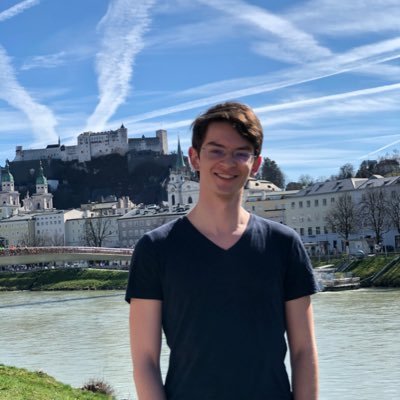People
Faculty

Chris Barrie
Christopher Barrie is a political sociologist specializing in the study of protest, conflict, and communication. His regional specialism is the Middle East and North Africa (MENA). He is Lecturer in Computational Sociology at the School of Social & Political Science, University of Edinburgh.
Charles Rahal
Charles is a social science methodologist and applied social data scientist with a background in high-dimensional econometrics, having completed his PhD in 2016. He is particularly interested in unique data origination processes, be they unstructured or otherwise, and is an advocate for open source and reproducible academic research. He presently teaches 'Python for Sociologists' and 'Replication', both in Michaelmas term, although he has also recently given workshops and guest lectures on the themes of 'An Introduction to Machine Learning' and 'An Introduction to the Command Line'.
Francesco Rampazzo
Francesco Rampazzo is a Career Development Fellow in Marketing and Consumer Demography at the Saïd Business School and the Leverhulme Centre for Demographic Science at the University of Oxford. He is also a Non-Stipendiary Research Fellow at Nuffield College. He is completing a PhD in Social Statistics and Demography at the University of Southampton and the Max Planck Institute for Demographic Research. His PhD thesis focuses on the use of digital traces combined with traditional data sources to estimate the number of migrants. Francesco is a demographer with a broad range of research interests, which include digital and computational demography with applications in fertility, migration, and survey research.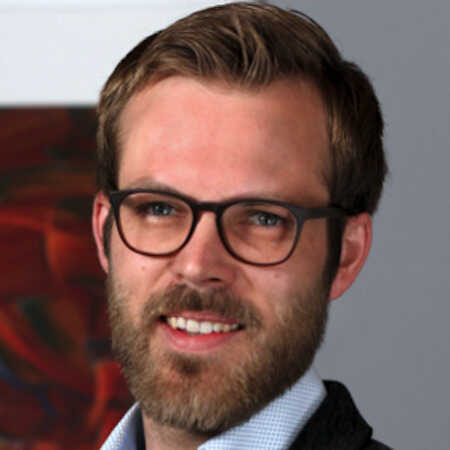
Tobias Rüttenauer
Tobias Rüttenauer is a Postdoctoral Prize Research Fellow in Sociology at Nuffield College, University of Oxford. His research focuses on environmental inequality, selective migration trajectories, and spatial demography. Furthermore, he is interested in quantitative spatial methods, longitudinal regression models, and the use of geographical information systems to connect different sources of administrative data.Speakers
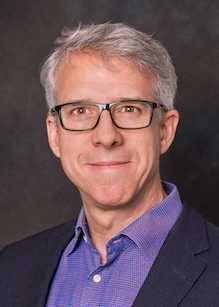
Ken Benoit
Ken Benoit is Professor of Computational Social Science at the Department of Methodology, LSE. His research focuses on automated, quantitative methods of processing large amounts of textual and other forms of big data – mainly political texts and social media – and the methodology of text mining. He is the creator and co-author of several popular R packages for text analysis, including quanteda, spacyr, and readtext.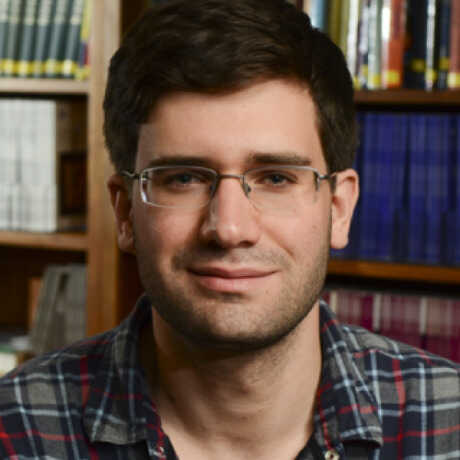
David Brazel
David is a Senior Research Associate in the Department of Sociologyat the University of Oxford working on the ERC funded CHRONO project anda Non-Stipendiary Research Fellow at Nuffield College. His current research interests include the genetics and genomics offertility and substance use, chronobiology, the development of scalabledigital phenotypes, and the integration of geospatial data intosociogenomics.
Emanuele Del Fava
Emanuele Del Fava is a quantitative researcher with a Ph.D. in statistics, with a highly multidisciplinary research perspective (biostatistics, epidemiology, demography, health economics) and interest in computational methods anddata. His expertise is mainly in statistical modeling of infectious diseases data and international migration data.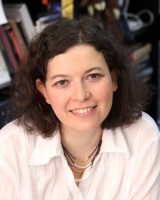
Eszter Hargittai
Eszter Hargittai is Professor in the Institute of Communication and Media Research at the University of Zurich where she heads the Internet Use and Society division. She is also Fellow of the Institute for Policy Research at Northwestern University. Hargittai's research focuses on the social and policy implications of digital media with a particular interest in how differences in people's Web-use skills influence what they do online.
Ilya Kashnitsky
lya Kashnitsky is a Postdoctoral researcher atthe Interdisciplinary Centre on Population Dynamics. His researchfocuses on regional variations in population age structures,their dynamics and the demographic processes shaping them. His researchhas been published in The Lancet, World Development, Population Studies, Demographic Research, Genus. The earlier focus of his studies was on migration of the youths, published in Cities, Geojournal. Ilya’sinterests include topics relating to demography, population geography,spatial analysis, research evaluation, and data visualization.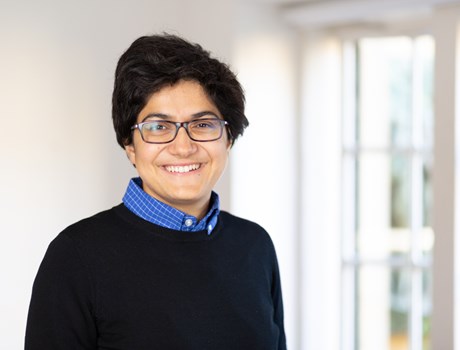
Ridhi Kashyap
Ridhi Kashyap is an Associate Professor of Social Demography at Nuffield College, University of Oxford. Her research explores the interaction between social inequalities and demographic processes. She is particularly interested in how digital and computational innovations, both as a set of models (e.g agent-based models, microsimulation) and new types of data sources (e.g digital trace data), can contribute to social science. As an example, she has worked with other social and computer scientists to explore how digital trace data can be leveraged to measuredevelopment and gender inequality indicators.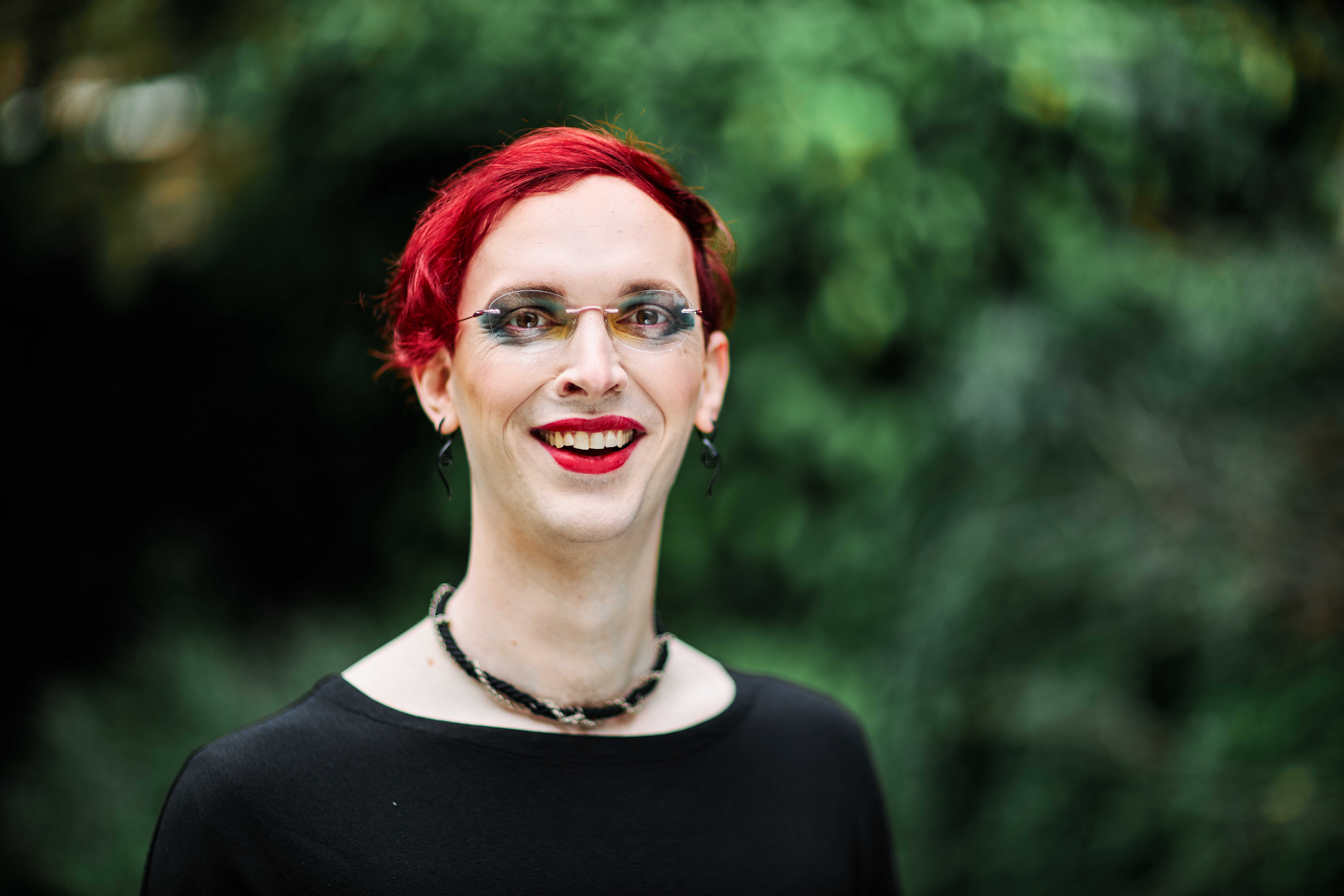
Peaks Krafft
Dr Peaks Krafft (they/them) is Senior Lecturer and MA Internet Equalities Course Leader at the UAL Creative Computing Institute. Dr Krafft undertakes critically-oriented computer science research, academic organising, and community organising, especially recently on four issues in higher education and tech: social impacts of technology; personal and institutional accountability; anti-racism in organisations, and conflicts of interest from tech funding. Dr Krafft participates in several tech justice groups including NoTechForTyrants, United Tech and Allied Workers, and the Movement for Anti-Oppressive Computing Practices.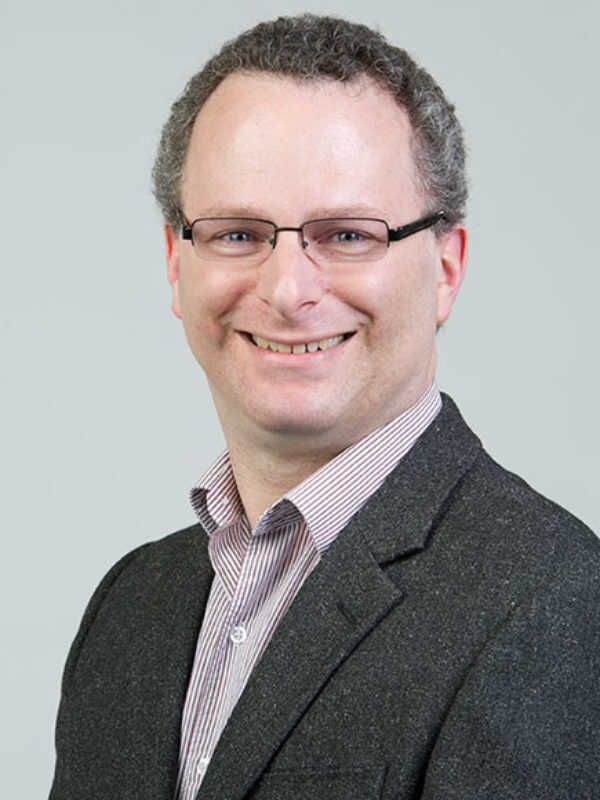
David Lazer
David Lazer is University Distinguished Professor of Political Science and Computer Sciences at Northeastern University, and Co-Director of NULab for Texts, Maps, and Networks. He is among the leading scholars in the world on misinformation and computational social science and has served in multiple leadership and editorial positions, including as a board member for the International Network of Social Network Analysts (INSNA), reviewing editor for Science, and associate editor of Social Networks and Network Science.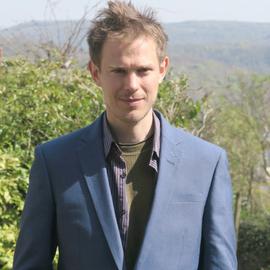
Robin Lovelace
Robin Lovelace is Associate Professor of Transport Data Science at the Leeds Institute for Transport Studies where he researches, develops and teaches free, open, reproducible and internationally scalable techniques for working with data to support evidence-based policies. He is author of papers and books on transport planning, energy, geographic data analysis and modelling. He leads the Transport Data Science module, which is available to students taking Data Science and Data Analytics and Data Science and Urban Analytics courses at the University of Leeds.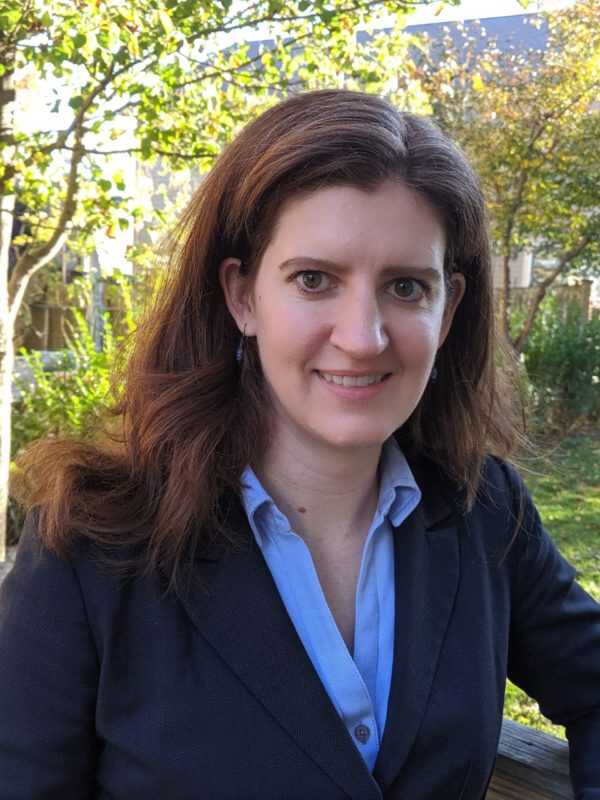
Laura K. Nelson
Laura Nelson is an Assistant Professor of Sociology at Northeastern University. She uses computational methods to study social movements, culture, gender, institutions, and the history of feminism. She is particularly interested in developing transparent and reproducible text analysis methods for sociology using open-source tools.
Saul Newman
Saul Newman is an interdisciplinary researcher at the Leverhulme Centre for Demographic Research with a career spanning genomics, medicine, plant science, and demography. Coming from a background in medical science but a strong focus on statistics and methods, Dr Newman has a history of pursuing research questions outside of his field. This has led to disruption, but also a deeply enriching career path through academia.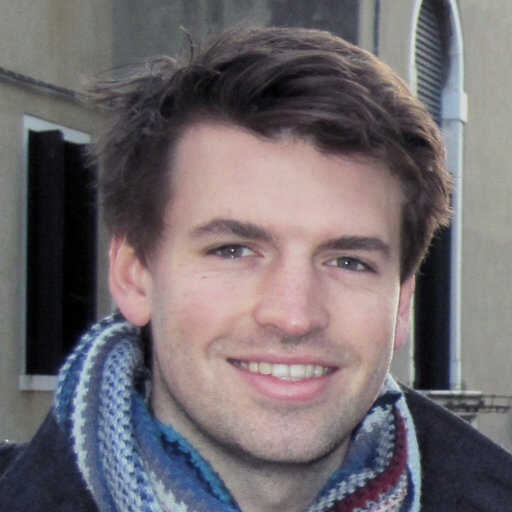
Noah Waterfield Price
Noah Waterfield Price is Research Scientist at Optellum. His research specialisms include machine learning, computer vision; computer-aided diagnosis, and condensed matter physics.
Tom Robinson
Thomas Robinson is an Assistant Professor in Quantitative Comparative Politics at the School of Government and International Affairs, Durham University. He is also affiliated with the Centre for Experimental Social Science (CESS) at Nuffield College, University of Oxford. His research interests surround representation, direct democracy and campaign finance, as well as issues within experimental methodology and computational social science.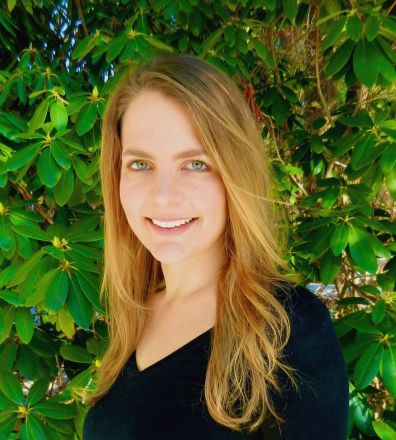
Alexandra A. Siegel
Alexandra Siegel is an Assistant Professor of Political Science at the University of Colorado at Boulder. She is also a nonresident fellow at Brookings in the Center for Middle East Policy and the Artificial Intelligence and Emerging Technology Initiative, as well as a faculty affiliate at Stanford’s Immigration Policy Lab (IPL) and New York University’s Center for Social Media and Politics (CSMaP). Her research uses original datasets of hundreds of millions of socialmedia posts, text and network analysis, machine learning methods, and experiments to study mass and elite political behavior in the Arab Worldand other comparative contexts.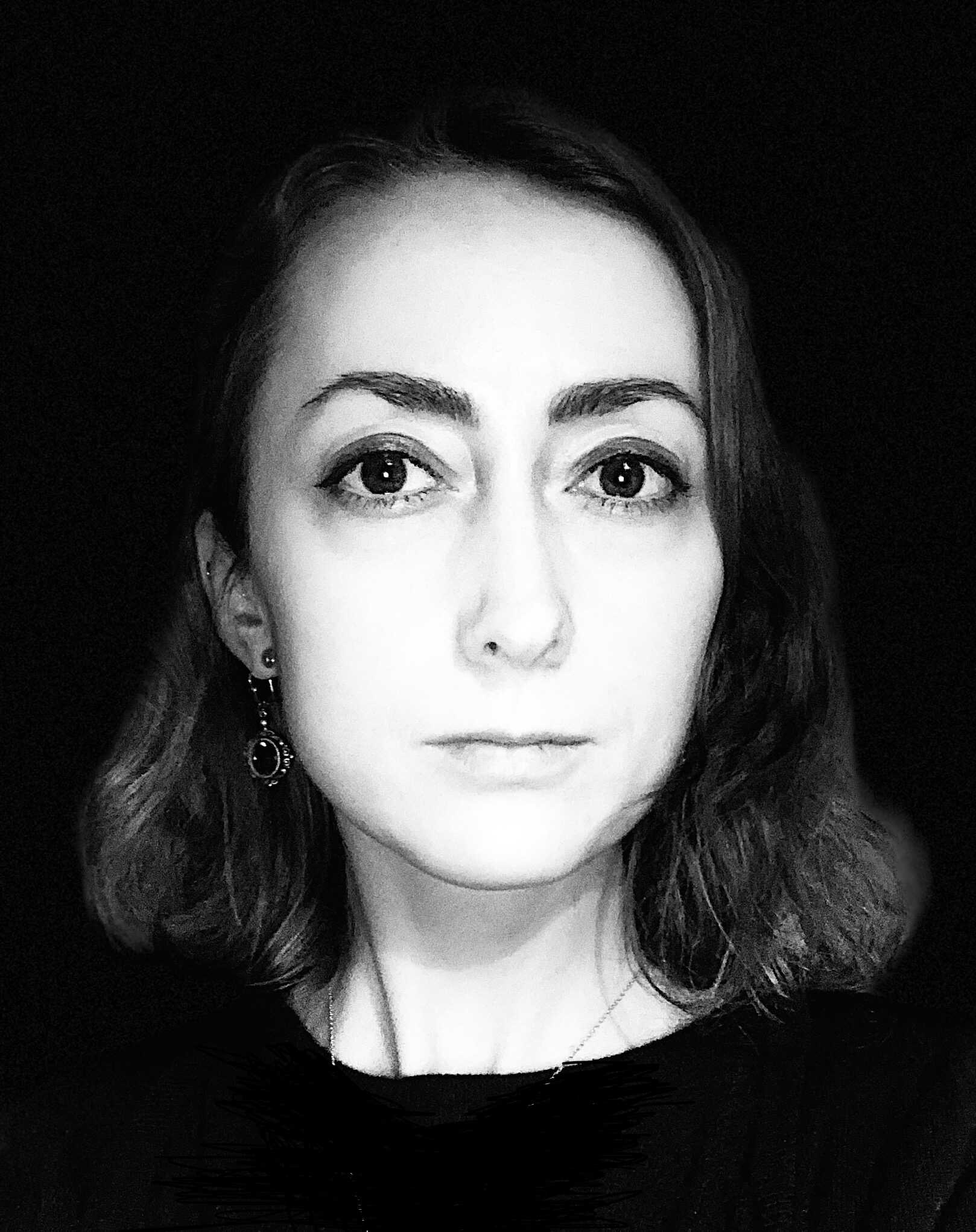
Viktoria Spaiser
Viktoria is an Associate Professor in Sustainability Research and Computational Social Sciences. She is also affiliated with the Leeds Institute for Data Analytics (LIDA) and the Priestley International Centre for Climate in Leeds. Before her time at Leeds, she worked as a postdoctoral researcher at the Stockholm Institute for Futures Studies and at the Department of Mathematics, Uppsala University in Sweden. Viktoria's current research focuses on how societies can make a rapid, fair and empowering transition to zero-emissions / zero-pollution and specifically how normative change initiated by climate change movements such as Fridays for Future can contribute to social tipping in the response to the climate crisis. In her research she uses computational social science approaches such as Agent Based Modelling, Natural Language Processing of large-scale textual data e.g. from Twitter, Dynamical Systems Modelling etc.Teaching Assistants
Participants
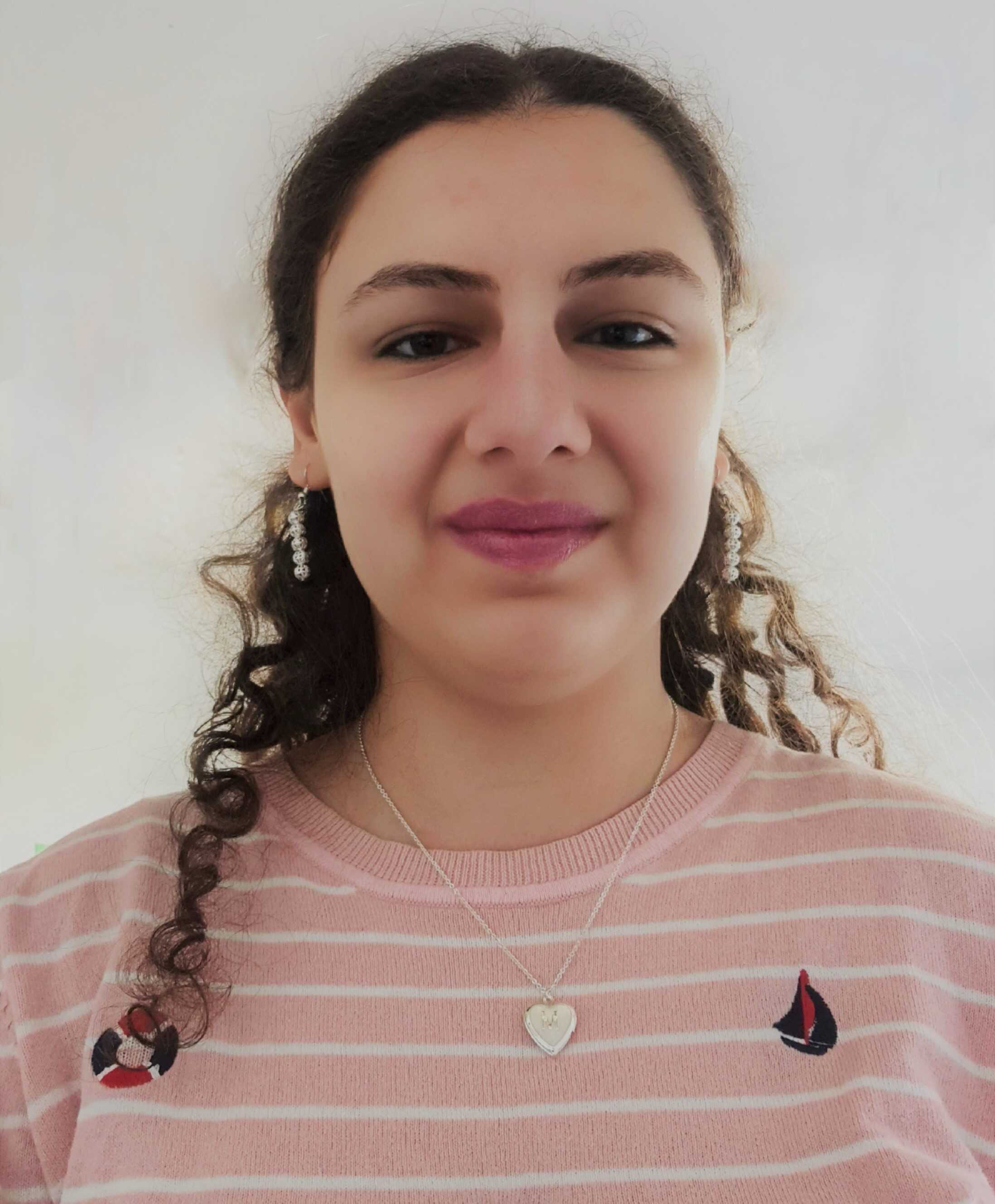
Mary Abed Al Ahad
Mary Abed Al Ahad is a PhD student in Geography at the University of St Andrews, UK and she is also an affiliated PhD student in the IMPRS-PHDs program at Max Planck institute. Her research interests include air pollution, weather variations, health, mortality, morbidity, and ethnic inequalities in health.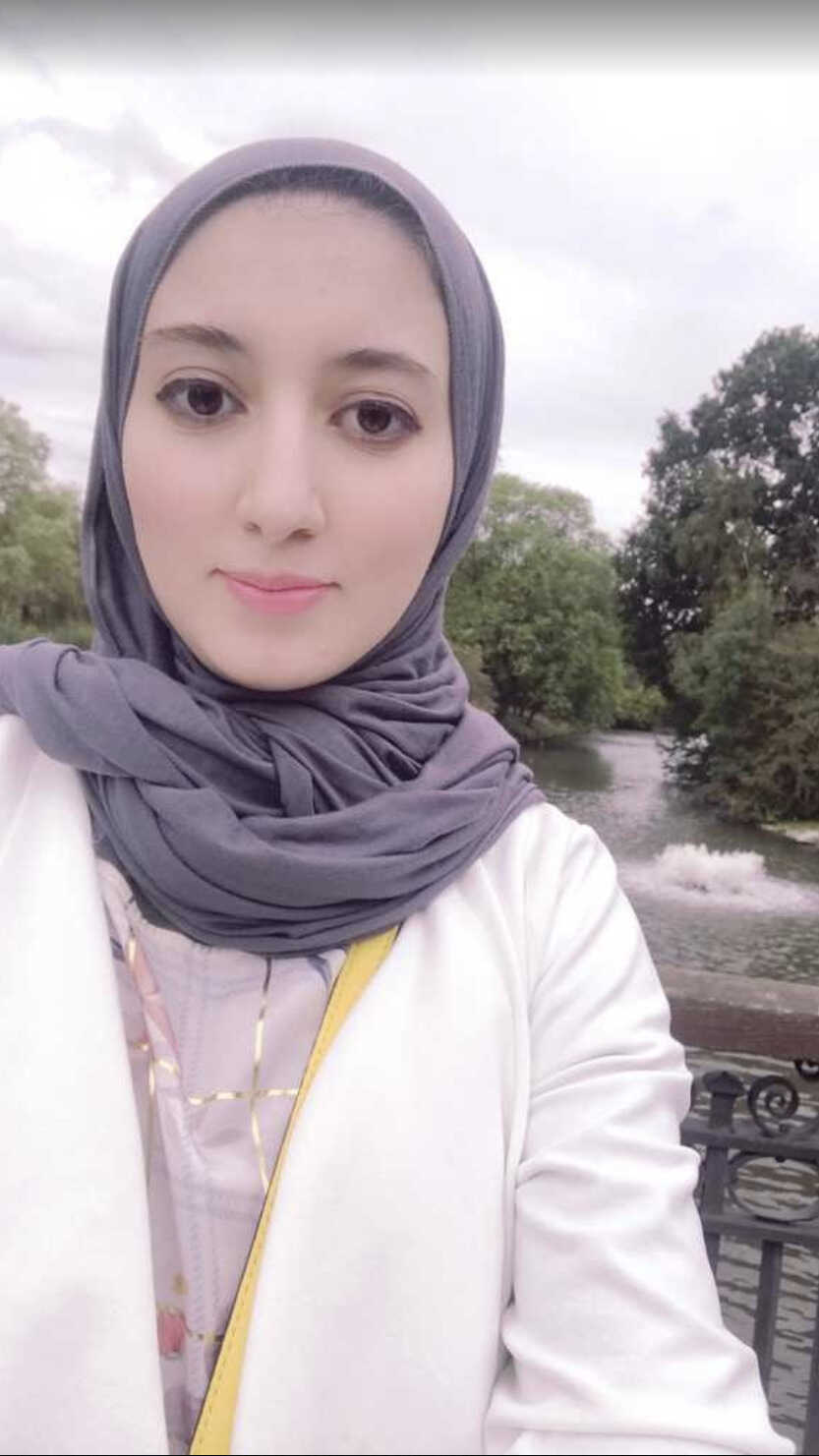
Reham Al Tamime
Reham Al Tamime is a PostDoc Researcher at Qatar Computing Research Institute.
William Allen
William Allen is a teaching fellow in Politics at St. John’s College, University of Oxford, and a postdoctoral researcher at Oxford’s Centre on Migration, Policy, and Society (COMPAS). He examines the causes and consequences of citizen engagement with economic and political information on migration-related issues in Europe and Latin America. He holds a DPhil in Politics from Oxford, is an Associate Editor for the journal Evidence and Policy, and advocates for developing social science impact as a Public Engagement with Research Fellow at Oxford.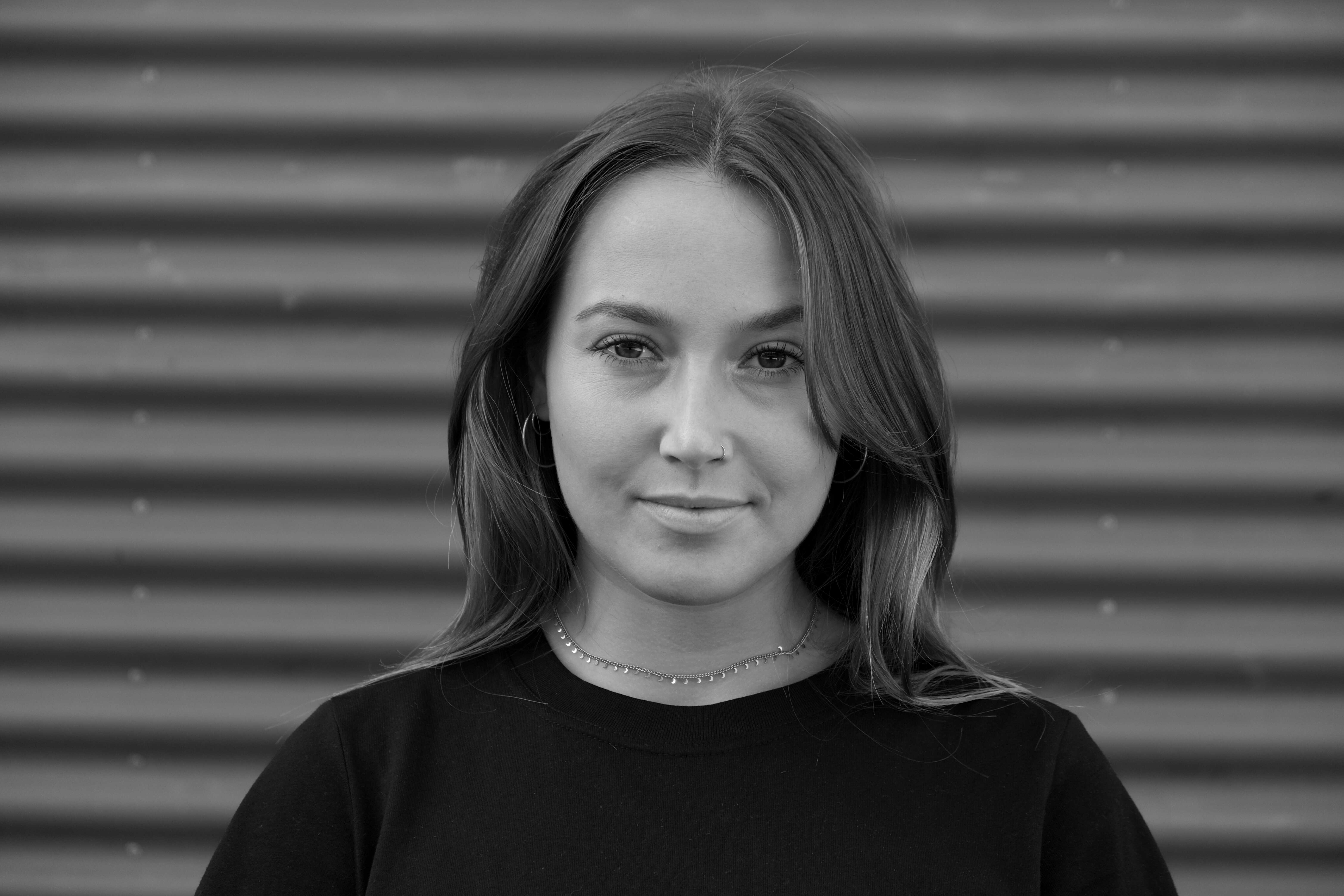
Hannah-Marie Büttner
Hannah-Marie Büttner is a PhD candidate at the Centre for Media, Communication and Information Research at the University of Bremen. Her research focuses on computational methods for the study of social movements and political communication. She holds a Research Master in Social Sciences from the University of Amsterdam.
Elis Carlberg Larsson
Elis is a doctoral student at the Institute for Analytical Sociology, Linköping University. He has a MSc in Computational Social Science (Linköping University) and a BA in Sociology (Stockholm University). He investigates the formation, changes, and consequences of attitudes in three projects: 1) investigating xenophobic attitudes, 2) secularization, and 3) sexuality utilizing computational approaches like machine learning, agent-based modeling, and computational text analysis.
Hao Cui
Hao Cui is a PhD candidate in Network Science at Central European University in Vienna, Austria. Her work applies computational methods and mathematical modeling to practical data-driven problems. Her primary research interest concerns the connection of network science and social media, towards understanding the emergence of hot topics, evolution patterns of repost networks, attention dynamics, and ranking in online social networks.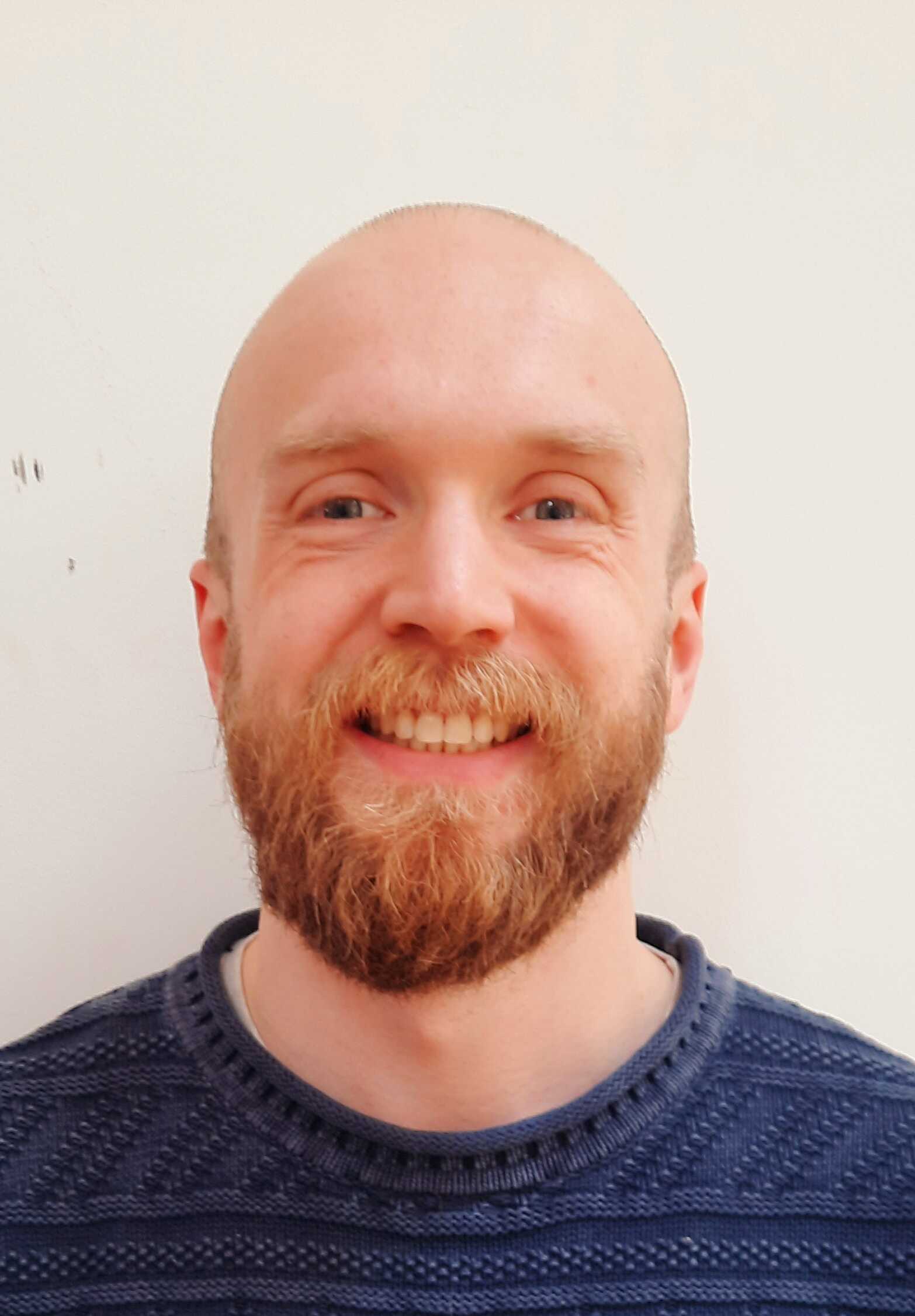
Tom Edbrooke
Tom is currently studying for his MSc in Digital Sociology at the University of Edinburgh. He hopes to map how vaccine narratives and actors interact on Twitter, to support better engagement strategies from medical authorities. His research interests are computational social science and social network analytics.
Ellen Frank Delgado
Ellen Frank Delgado is a doctoral student in Sociology at University of Edinburgh. Ellens research focuses on measuring inclusion in organisational settings as it pertains to historically underrepresented groups, such as racial minorities and women. Her research primarily relies on computational social science methodologies, including computational text analysis and organisational network analysis.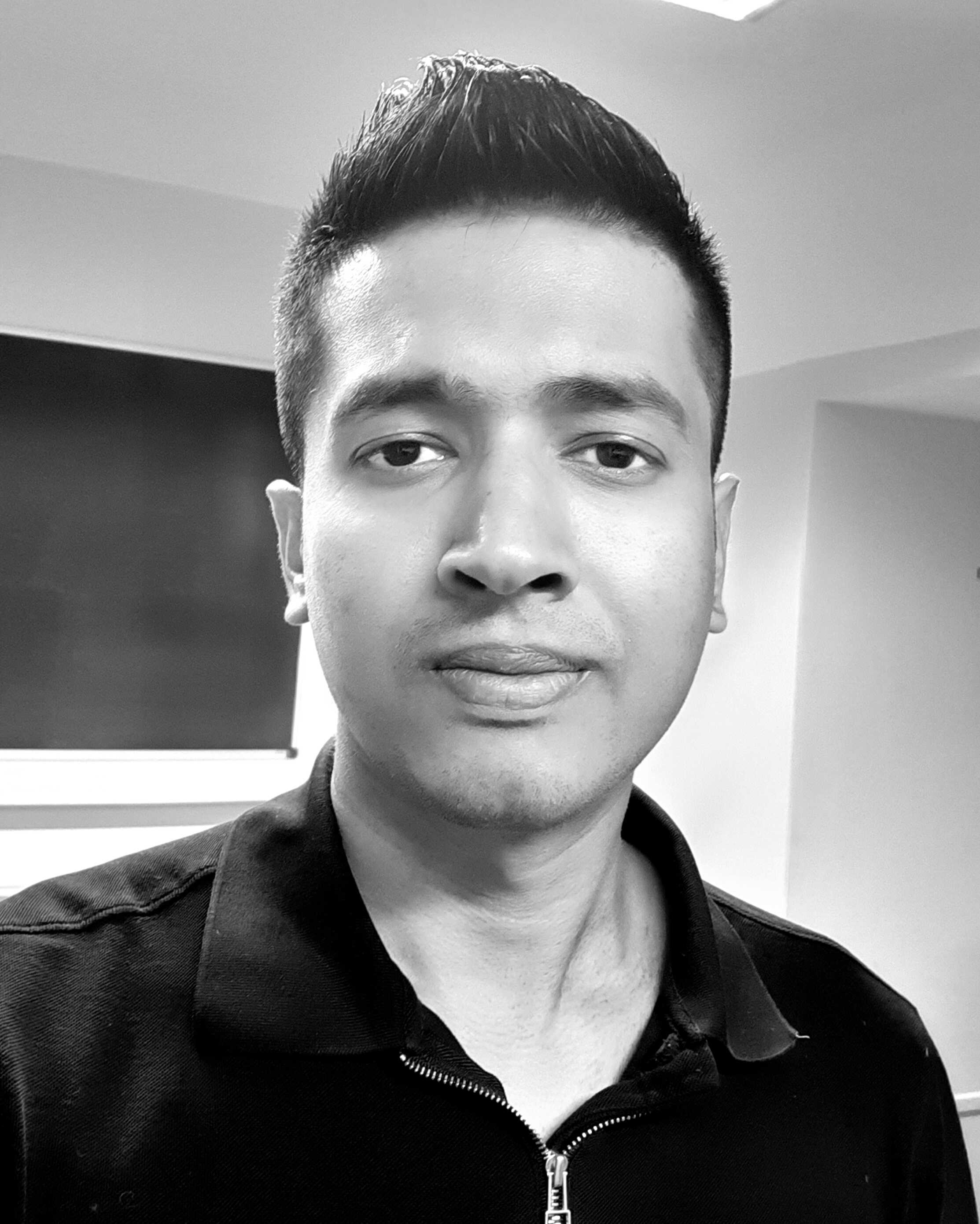
Mobarak Hossain
Mobarak is a doctoral candidate in Social Policy at Nuffield College, University of Oxford. His work examines how different macro institutional mechanisms reinforce or offset educational and labour market inequalities by social origins focusing on developing countries. He is also interested in gender inequality, youth and well-being.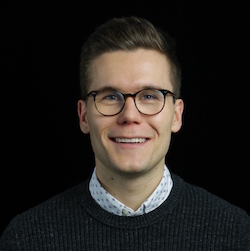
Timo Koch
Timo is a doctoral student in psychological methods at Ludwig-Maximilians-Universitat Munchen. His research focuses on the collection and analysis of language and behavioral data with mobile sensing technologies and machine learning. He is passionate about applying the insights to tackle societal issues (e.g., mental health, misinformation, authoritarianism).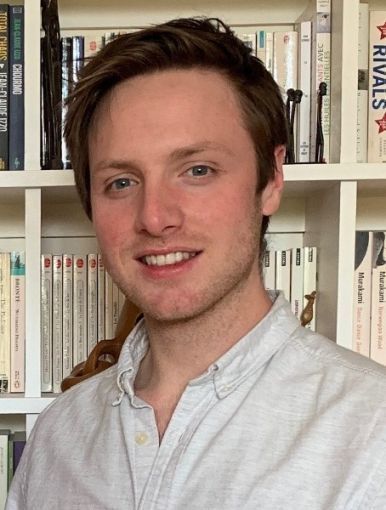
Rhodri_Leng
Rhodri I. Leng is ESRC Fellow in the Sociology of Science at the University of Edinburgh. His research focuses on how findings spread through the scientific literature and shape understanding. An important element of his work involves developing methods to detect citation bias and distortions in the literature.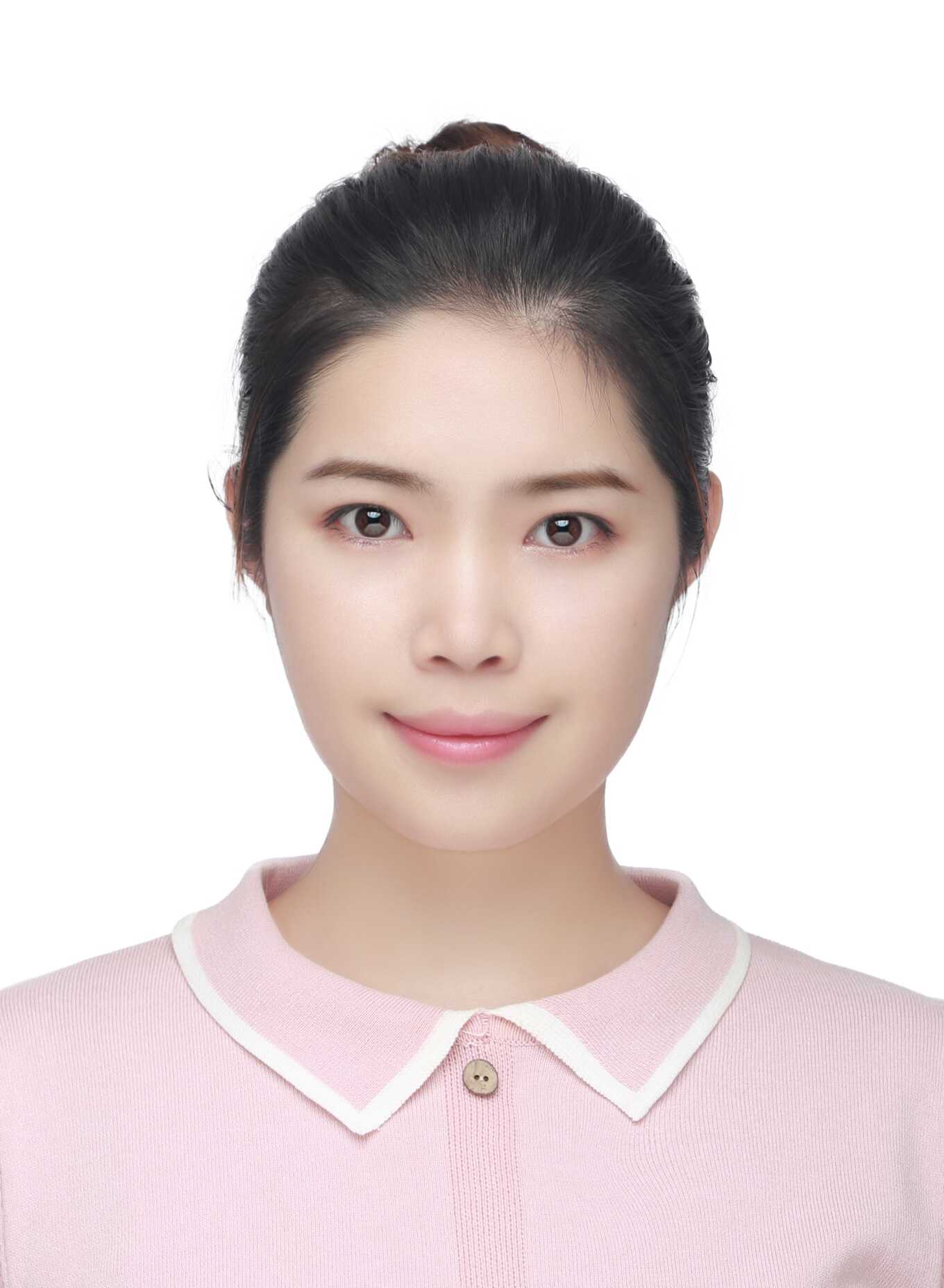
Yuru Li
Yuru Li is a first-year PhD candidate in the lab of “Digital Communication and Diversity of Information” at the University of Bremen. She has broad interests in computational communication, political communication, digital media and social media, false news research, image recognition communication, refugee study, discourse power, the third level of agenda setting, etc. The current research she is doing focuses on the network agenda setting on the European refugee crisis, in which mixed innovative methods, such as topic modelling, social network analysis, Quadratic Assignment Procedure (QAP), Granger Causality Test based on time series, will be adopted.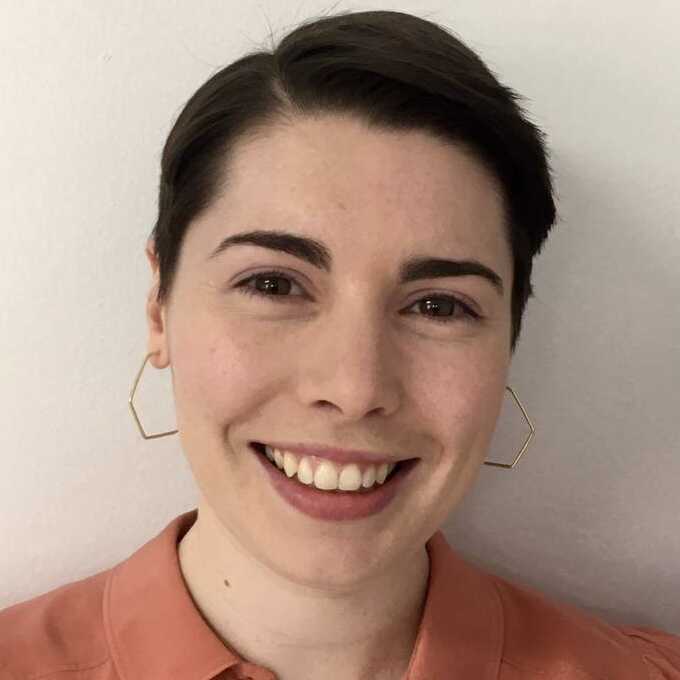
Hannah Phillips
Hannah is a Social Policy DPhil student at the University of Oxford where she researches gender-based violence against politicians. She is experienced in advancing strategic priorities including at the House of Commons and United Nations. She previously studied at Harvard University and the London School of Economics and Political Science.
Hayley Pring
Hayley Pring is an Australian PhD Candidate in International Relations at Nuffield College, Oxford University. Her research interests are in political economics, political psychology and organisational behaviour. Methodologically, shes interested in using causal inference techniques through computational methods. She has a BPhil in International Relations, Political Science and History from the Australian National University and an MPhil in International Relations from Oxford.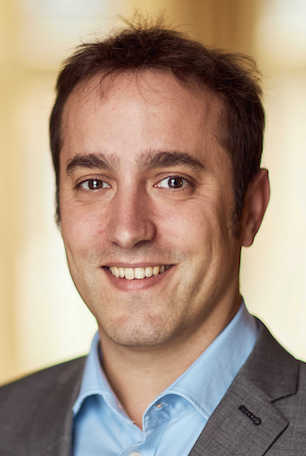
Marti Rovira
Marti Rovira is a British Academy Postdoctoral Research Fellow at the University of Oxford’s Sociology Department and a Non-stipendiary Postdoctoral Research Fellow at Nuffield College. His research examines questions about the intersections between social inequalities and the criminal justice system.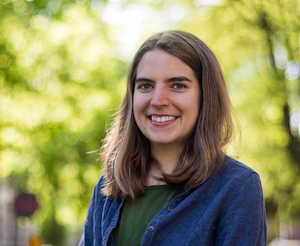
Nicole Schwitter
Nicole is a PhD student based at the University of Warwick. In her thesis, she investigates the effects offline gatherings between Wikipedians have on their online behaviour. She holds an MA in Sociology from the University of Leipzig and a BA from the University of Bern.
Michael Skvrnak
Michael is a PhD student at Charles University and works at the Institute of Sociology, Czech Academy of Sciences. His research focuses on the behaviour of political elites, elections and politics in East-Central Europe. Before his PhD, he studied political science at Masaryk University and worked at Czech Radio.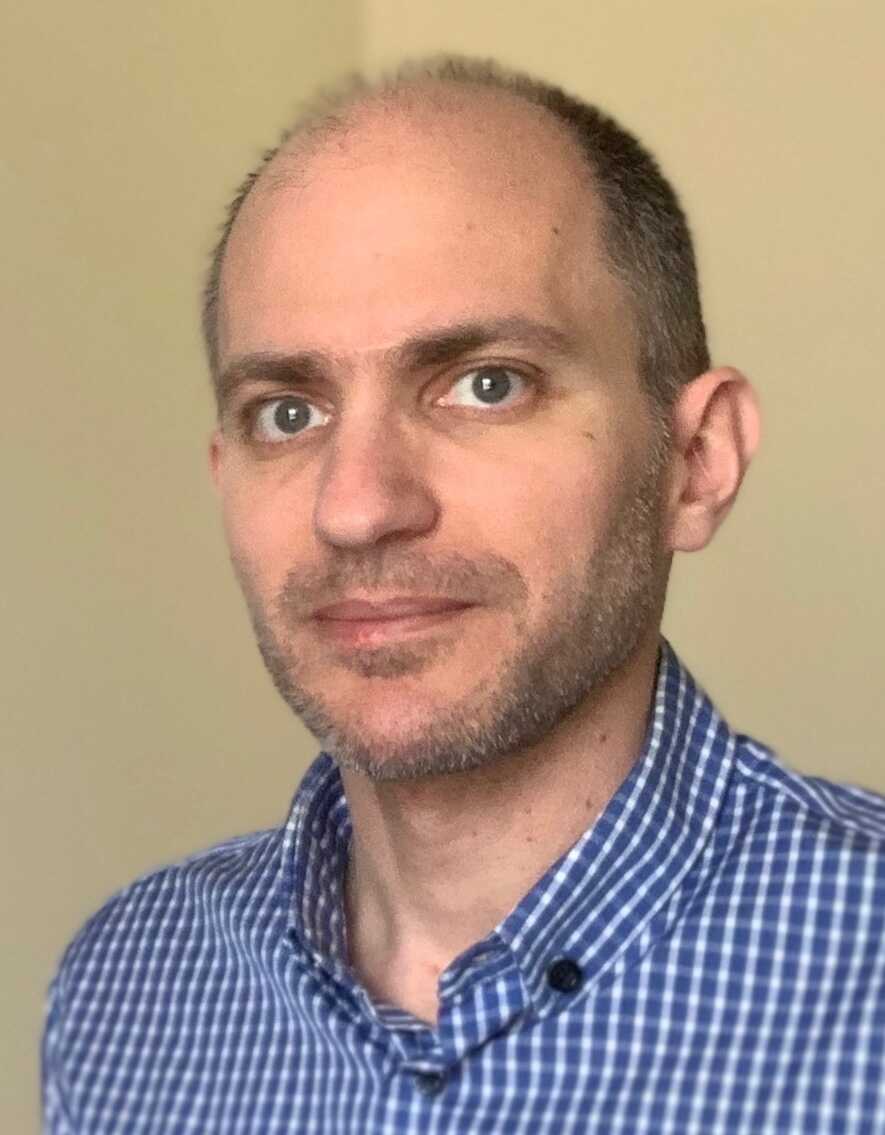
Tasos Spiliotopoulos
Tasos Spiliotopoulos is a Human-Computer Interaction researcher with a focus on social technologies and human-centered design. Tasos is a postdoctoral research associate at the Newcastle University Business School in the UK, where he currently researches trust in the financial industry.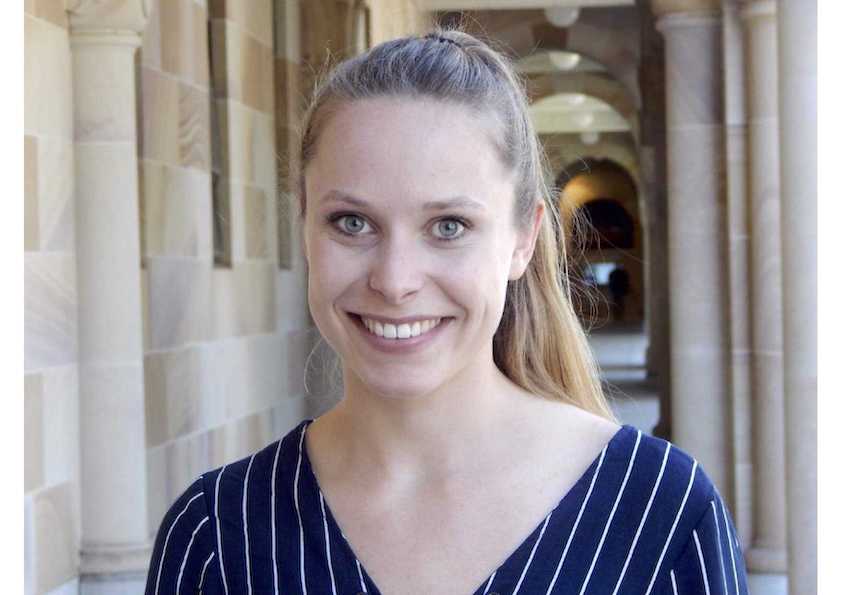
Katharina Tittel
Katharina Tittel is a doctoral student in sociology at Sciences Po Paris, where she also obtained her MA in Economic Policy. Her work applies quantitative and computational methods to questions of media framing and migration coverage. Furthermore, Katharina conducts research on class-based digital inequalities, and misinformation beliefs. Before joining Sciences Po, she worked for a German-Israeli tech start-up.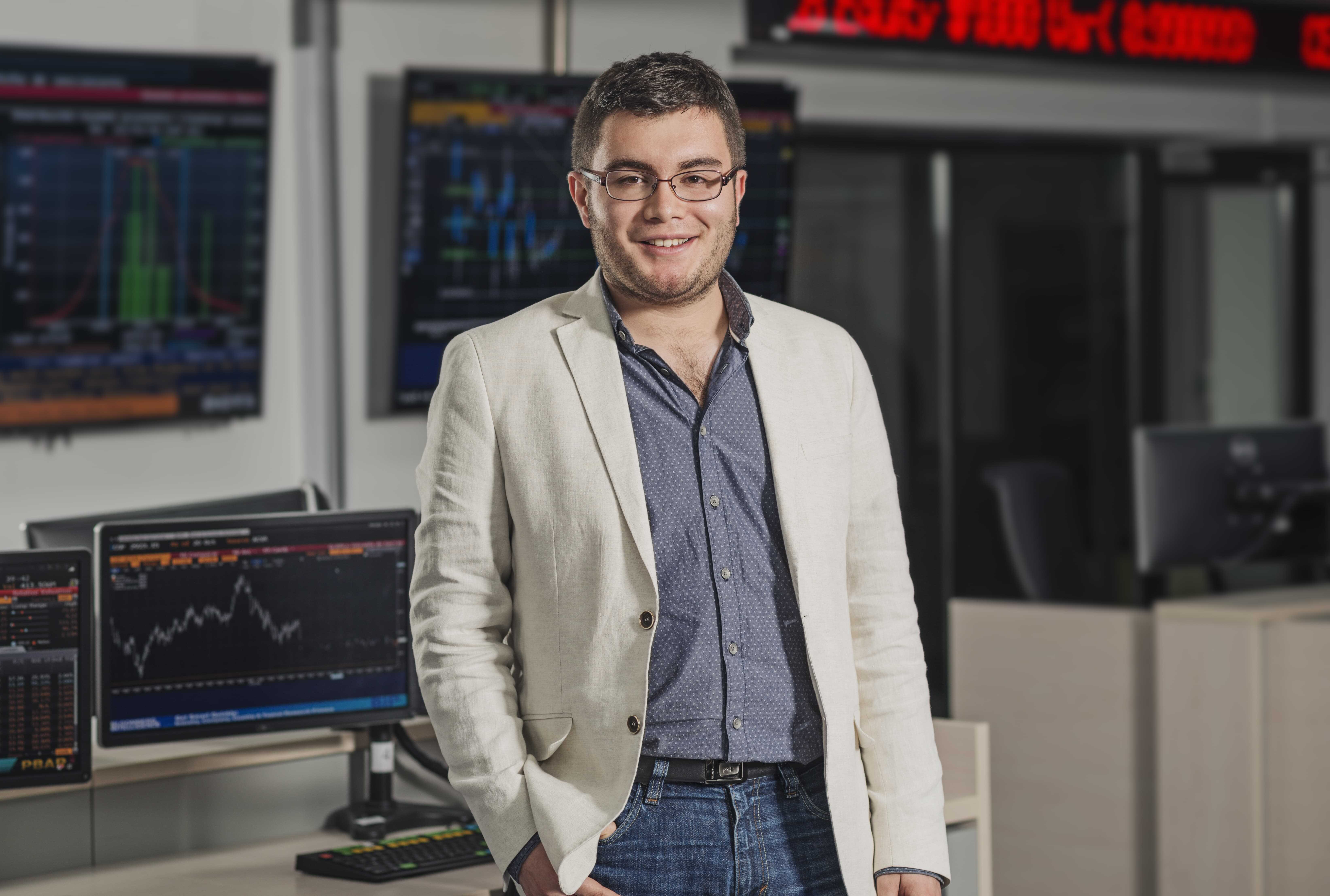
Deivyd Velasquez
Deivyd is a Ph.D. candidate in Economics at the University of Bordeaux. His research focuses on the operationalization of innovation strategies in a territory, in particular on the Nouvelle-Aquitaine region. He is particularly interested in the gap between the ideal recommendations proposed by researchers and the actual expectations of policymakers. His methodology combines in-depth, qualitative fieldwork with multivariate spatial analyses. Deivyd holds an MRes in Economics of Innovation and Strategic Intelligence from the University of Bordeaux, and a BA in Economics and International Relations from the University of Rosario (Colombia).
Jiani Yan
Jiani is currently an MPhil student in Sociology and Demography at the University of Oxford. Her research interest lies in improving the computational methods for forecasting mortality and morbidity. She is particularly interested in machine learning algorithms.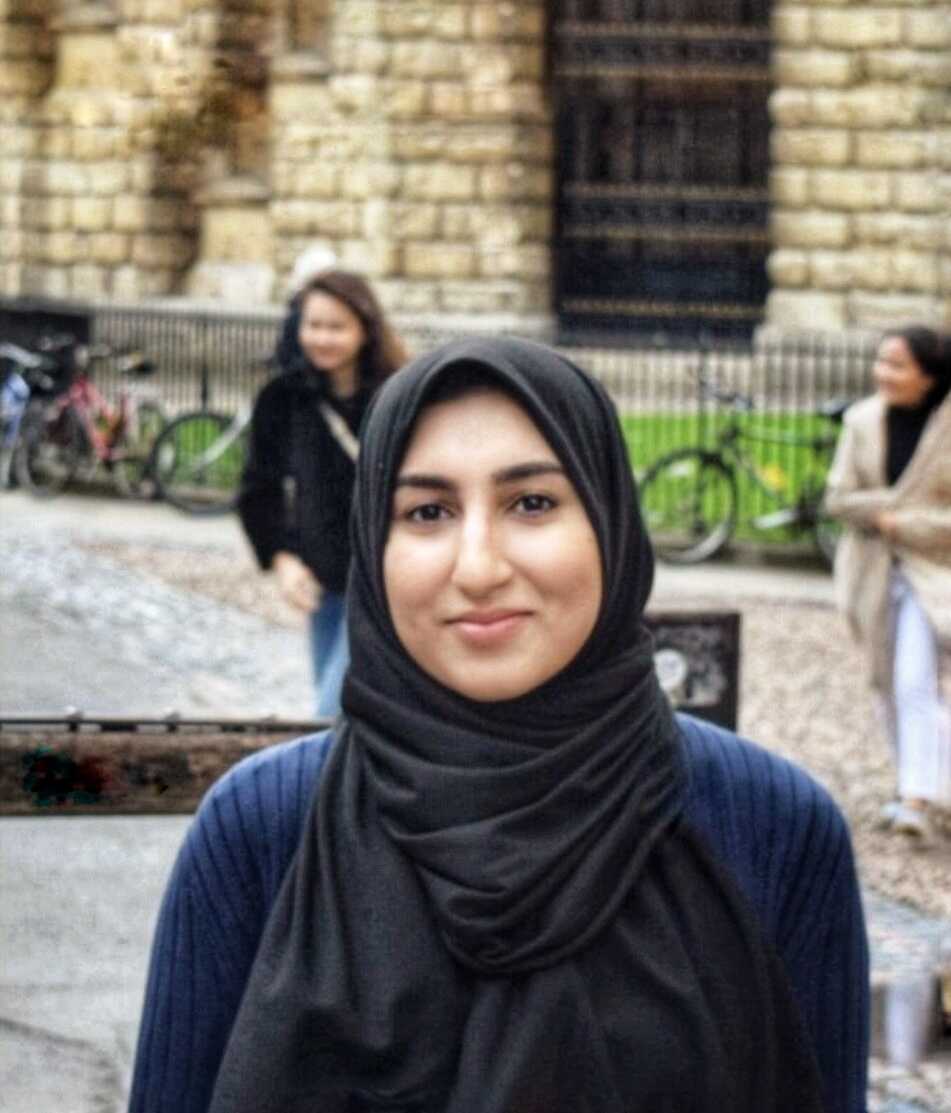
Fatima Zahrah
Fatima Zahrah is a Cyber Security DPhil student at Exeter College, University of Oxford. She received a BSc (Hons) degree in Computer Science from the University of Bradford. Fatima’s research interests focus around online hate and how various platforms are strategically used by cyber criminals and hate groups to form resilient networks of hate. Her work combines insights drawn from social sciences and uses methods from computer science, including natural language processing, machine learning and social media analysis.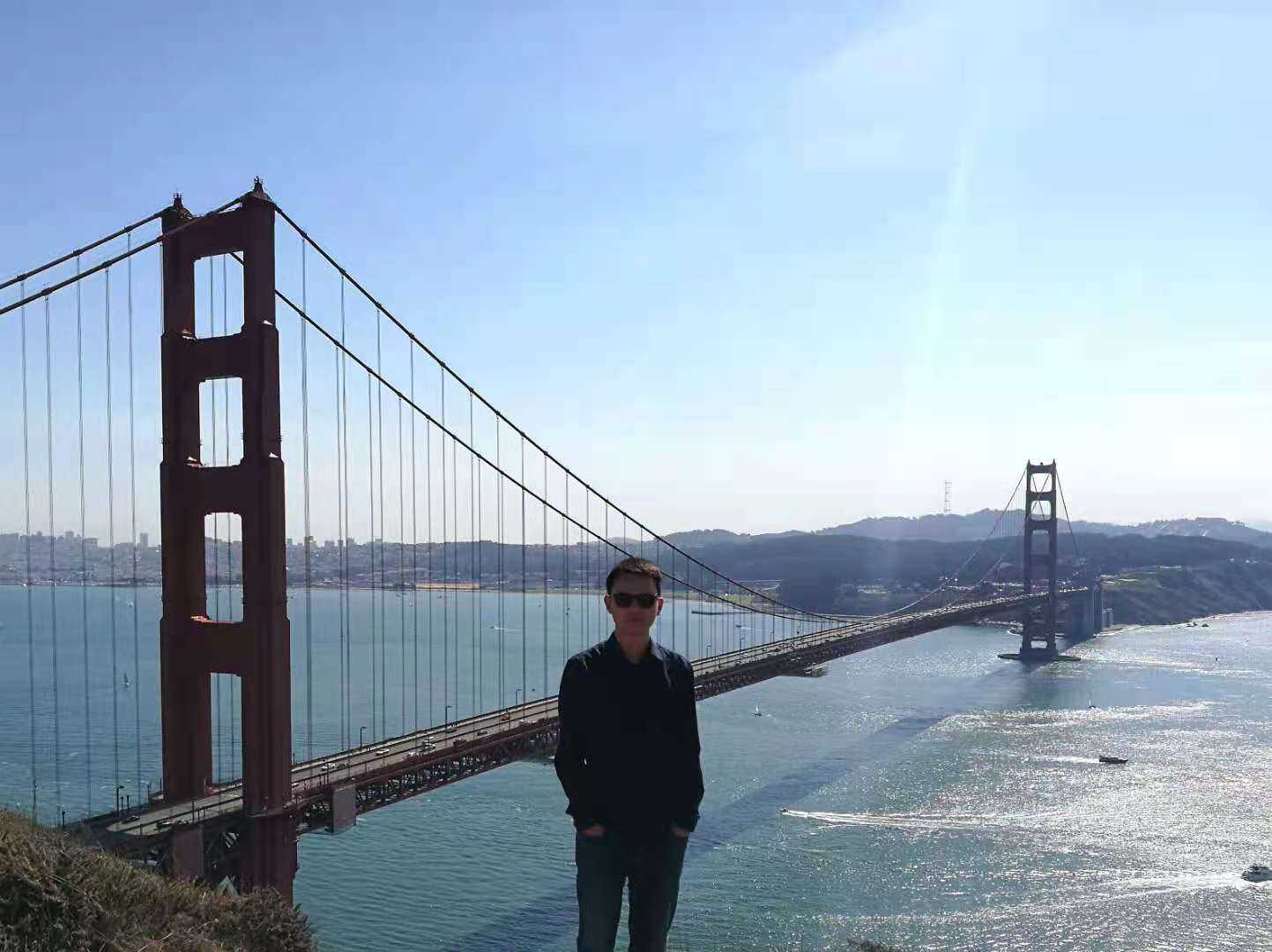
Fanqi Zeng
Fanqi is a PhD candidate in Complex Systems at the University of Bristol. He has broad interests in complex social and natural systems. His work lies in cross-disciplinary research, such as applications in ecology, complex networks, collective dynamics, complexity economics, data science for social good, etc.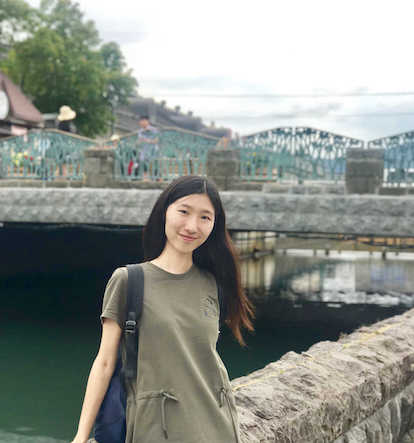
Jingwen Zhang
Jingwen Zhang is a PhD student in Social Statistics at the University of Manchester. Having a background in demography and social medicine, she is mainly interested in social determinants of health, ageing, domestic violence, and life course theory with a focus on quantitative methods. Her PhD project is on the longitudinal dynamics of rural-urban health disparity in later life in China.